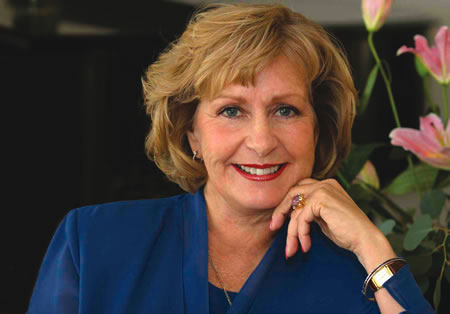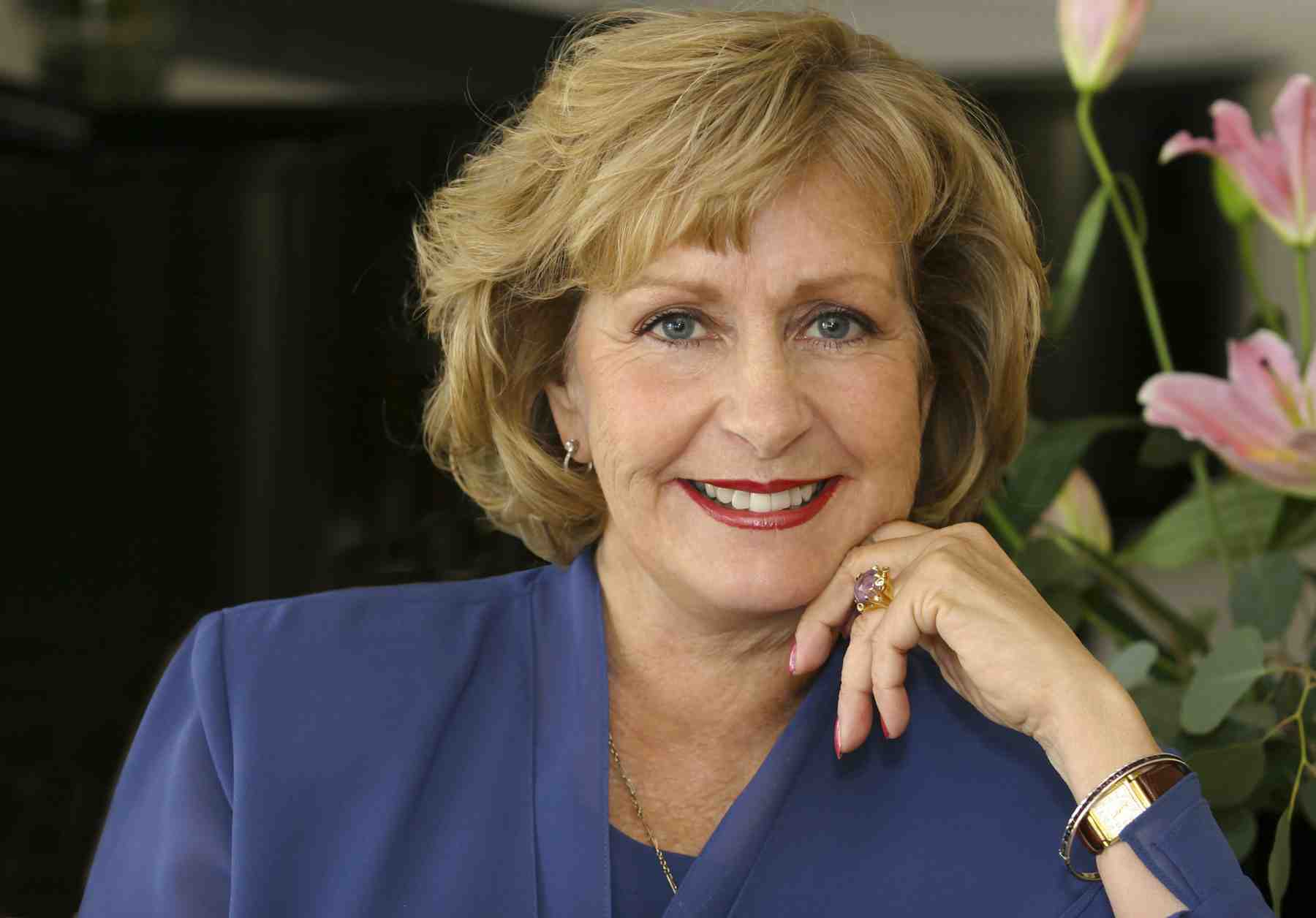What Does Trust Have to Do with It?

Trust is the foundation of relationships because it allows us to feel safe when vulnerable with another without having to defensively protect ourselves. If we break trust down into understandable behaviors, we can become skilled trust builders.
I’ve learned powerful and often painful lessons regarding trust. When I was younger, I naively thought that all I had to do was find people that I decided were trustworthy and follow their lead. I would decide that I had found my perfect person or perfect job and life would naturally unfold from there. Relief came from believing that I’d found the perfect answer to the question: “Are you my ___?” (Father, mother, true love, mentor, fill in the blank). Midstream, I would realize that I had made a mistake by handing the reigns of my life over to someone who could never take over a job that wasn’t theirs to do.
The responsibility to author our own life becomes the foundation that underlies what we move toward and include or what we leave behind. Clear yes and no are the basis of two specific, performable trust-building behaviors. The first is reliability.
Reliability is the ability to do what we say we will do. It includes taking specific actions and to follow through on those actions to completion or to renegotiate the commitment if we find that we are going in the wrong direction. The first cornerstone of trust building is reliability.
Next comes congruence. We are congruent when our needs, our values, our thinking and feeling, and our actions are aligned and consistent. We say yes when we mean yes and no when we mean no.
Conversely, when we say yes and we really mean no or no when we really mean yes, we create static in our nervous system. Our personal music starts hitting sour notes. We experience doubt and confusion and begin to mistrust our own signals. Our lack of congruence is also broadcasted to those around us and they withdraw their trust in us. Congruent behavior engenders trust.
It would seem that by mastering these two skills, we would be aligned with who we are and what we are doing and could stop here.
Life, however, is dynamic, unpredictable and ever-changing. Therefore, our next challenge is to court the dual skills of openness and acceptance. Trust requires that we are flexible and receptive.
Openness is the ability to allow others entrance into the hidden chambers of our inner life. It requires discernment and risk; vulnerability and visibility. It carries no guarantee that we will be understood or that the results of our openness will be predictable.
Openness is tricky business. Say too much and you may be setting yourself up for unexpected outcomes. Stay closed and you may cut yourself off from a vibrant climate that fosters deeper interpersonal connections and new understandings.
Acceptance is the ability to genuinely feel and to outwardly express our willingness to embrace the unique aspects of another. Self-acceptance is the ability to accept our incongruent quirks and insecurities as well as our brilliance, intelligence and unique personal gifts.
Openness and acceptance are enhanced by positive curiosity about the unknown depth of experience and knowledge of others. Openness and acceptance combine to generate enthusiasm for the unpredictable and adventurous opportunities that come from this thing called life.
Enthusiasm is the divine particle in this composition of trust that allows us to fashion our lives from a solid foundation of self-trust and integrity.
Susan is a personal development trainer and author of: Beyond Intellect: Journey into the Wisdom of your Intuitive Mind. Find her at susanvelasquez.com.




